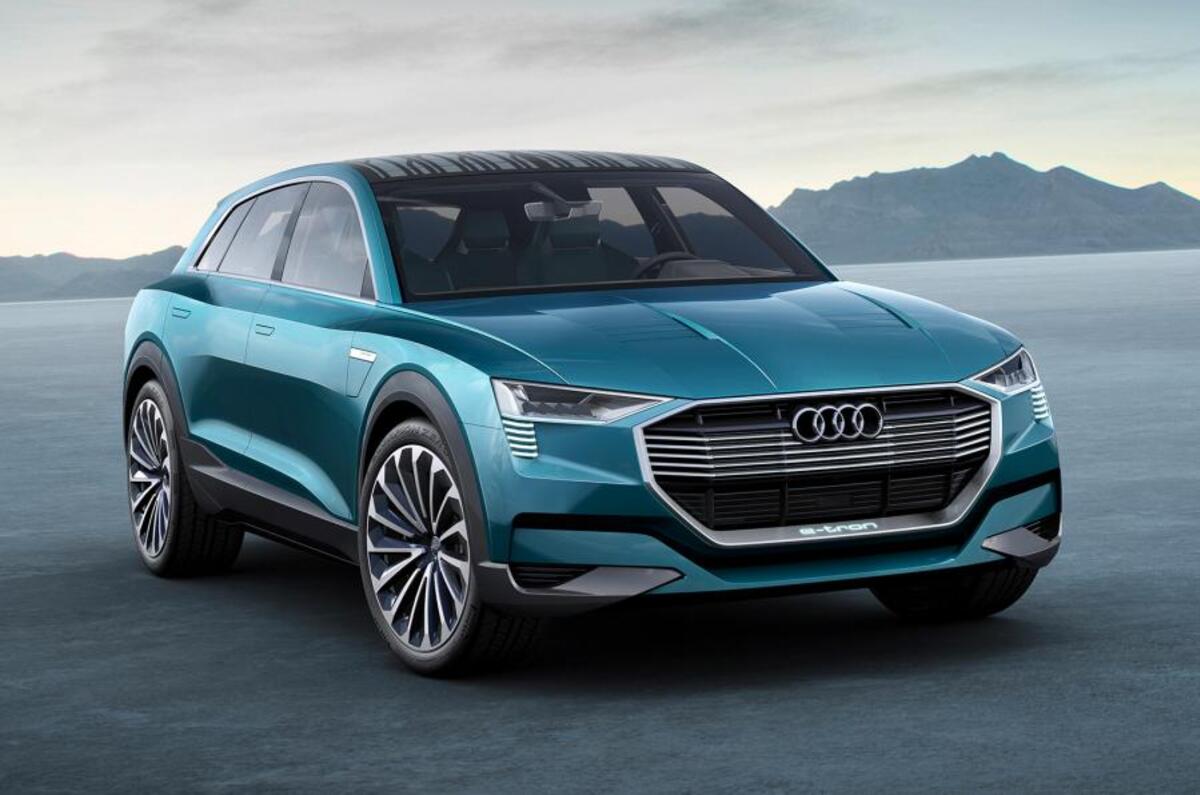The next generation of lightweight materials is still too expensive to make them viable for mass production, a senior engineering source at Audi has revealed.
The German manufacturer's research has suggested that its customers want at least 300 miles of range per charge in any electric Audi. But the firm faces a battle to introduce the weight savings and battery technology that can deliver that sort of range for a cost customers are willing to pay.
A senior insider in Audi's engineering division said: "Batteries are heavy so it makes sense to reduce the weight of the car. But as with all weight-reduction materials you have to look at the costs and how you bring the materials together in the factory.
“For example, if you have multi-material bodywork -if you have steel, for example, in combination with aluminum and carbonfibre - you can glue it, rivet it or you can weld it. After that, for example, there’s the painting process and anti-corrosion process - all done at quite high temperatures, prompting the materials to work against themselves. We need a lot of know-how of how to do that, and it’s expensive, too.”
Audi is launching an all-electric SUV first - based on the Audi e-tron quattro concept shown at the Frankfurt motor show – because it will be easier to make a profitable car in that segment in the long-term. “You need a big car for the space of the batteries to realise 300 miles,” said the source, “and if you have a big battery pack in a big car, it is going to need to be priced appropriately. So we must look for premium customers in a big-car sector.”
Get the latest car news, reviews and galleries from Autocar direct to your inbox every week. Enter your email address below:





Join the debate
Add your comment
I think the problem is that
Easy
Outoftowner1969 wrote: If you
lol, at the rate VW are losing in money, it might be Tesla buying them..
Go Tesla tbh. I wish them all